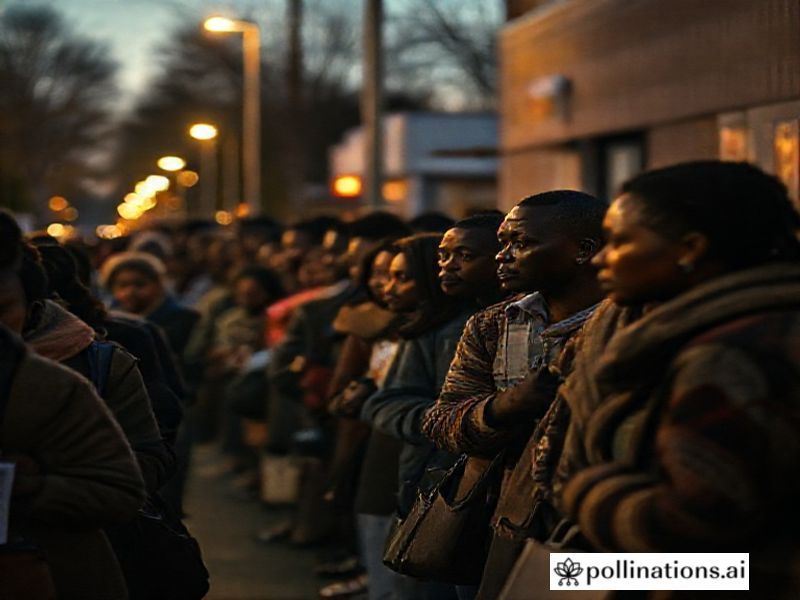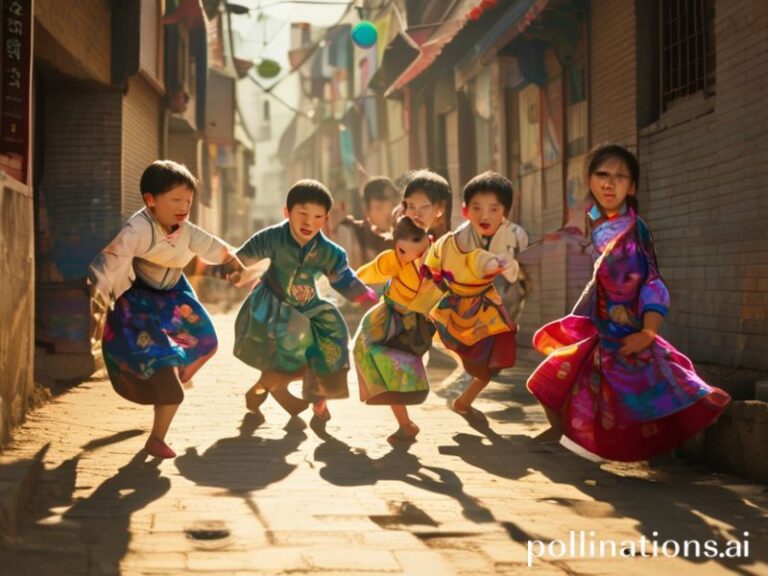Ballot Box Blues: Why Voting Hours Are the New Political Hot Topic
# The Ballot Box Blues: Why Voting Hours Are Stealing the Spotlight
In a world where we can stream our favorite shows, order groceries, and even find love with just a few clicks, why is it that casting a vote often feels like an episode of “Survivor: Endurance Island”? The humble voting hour has suddenly become the unsung hero (or villain, depending on your perspective) of global political discourse. Let’s dive into why this seemingly mundane topic has become the talk of the town, or rather, the ballot box.
## The Cultural Context: Time’s Up, Literally
Voting hours, the specific time frame during which polls are open, have always been a logistical necessity. But in recent years, they’ve become a cultural battleground. From the U.S. to the UK, and even in countries like India and Brazil, the debate over voting hours has taken center stage.
In the U.S., for instance, voting hours can vary drastically from state to state, with some closing as early as 7 PM and others staying open until 9 PM or even midnight. This discrepancy has sparked accusations of voter suppression and calls for standardized voting hours. Meanwhile, in the UK, the fixed polling hours of 7 AM to 10 PM have come under scrutiny, with some arguing that they don’t accommodate the modern workforce.
## The Social Impact: When Time Collides with Democracy
The social impact of voting hours is twofold. On one hand, they can influence voter turnout. A study by the Massachusetts Institute of Technology found that extending voting hours can increase turnout by up to 1.4 percentage points. That might not sound like much, but in a tight election, it can mean the difference between a win and a loss.
On the other hand, voting hours can also reflect societal values and priorities. For example, in countries like Sweden and Denmark, voting hours are often extended to accommodate workers, reflecting the high value placed on labor rights. In contrast, in some developing countries, voting hours might be limited due to logistical challenges, highlighting disparities in infrastructure and resources.
## The Significance: A Symbol of Democratic Health
Voting hours might seem like a trivial issue, but they’re actually a barometer of a country’s democratic health. They reflect how much a society values civic participation, how well it accommodates its citizens, and how seriously it takes the act of voting.
Moreover, voting hours can also reveal power dynamics. For instance, in some countries, voting hours might be set to favor certain groups over others, such as rural voters over urban ones, or vice versa. This can lead to accusations of gerrymandering and voter suppression, further polarizing an already divided electorate.
## The Internet Culture Angle: Memes, Misinformation, and Mayhem
Of course, no trending topic would be complete without its fair share of internet culture. From memes about “voting hour anxiety” to viral videos of people rushing to the polls at the last minute, the internet has turned voting hours into a spectacle.
However, the digital age has also brought about its own set of challenges. Misinformation about voting hours can spread like wildfire, leading to confusion and potential disenfranchisement. For example, during the 2020 U.S. election, false claims about voting hours led to some voters showing up at the polls too late, only to find that they had missed their chance to cast a ballot.
## Conclusion: The Clock is Ticking
In the grand scheme of things, voting hours might seem like a minor detail. But as we’ve seen, they’re a powerful symbol of democratic values, societal priorities, and power dynamics. They’re also a reminder that democracy isn’t just about casting a vote—it’s about making sure that everyone has the time, the opportunity, and the right to do so.
So, the next time you’re rushing to the polls at the last minute, remember: you’re not just racing against the clock. You’re participating in a global conversation about what democracy looks like in the 21st century. And that, my friends, is something worth voting for.







